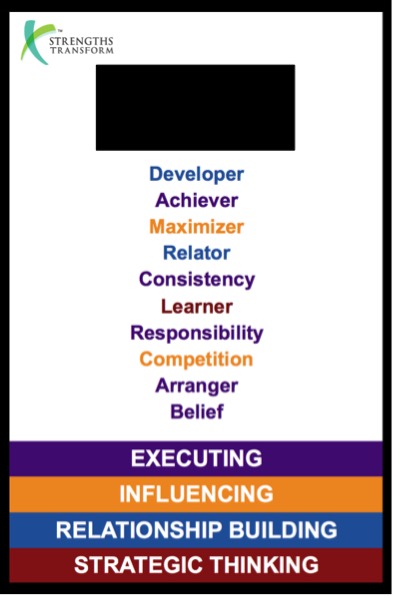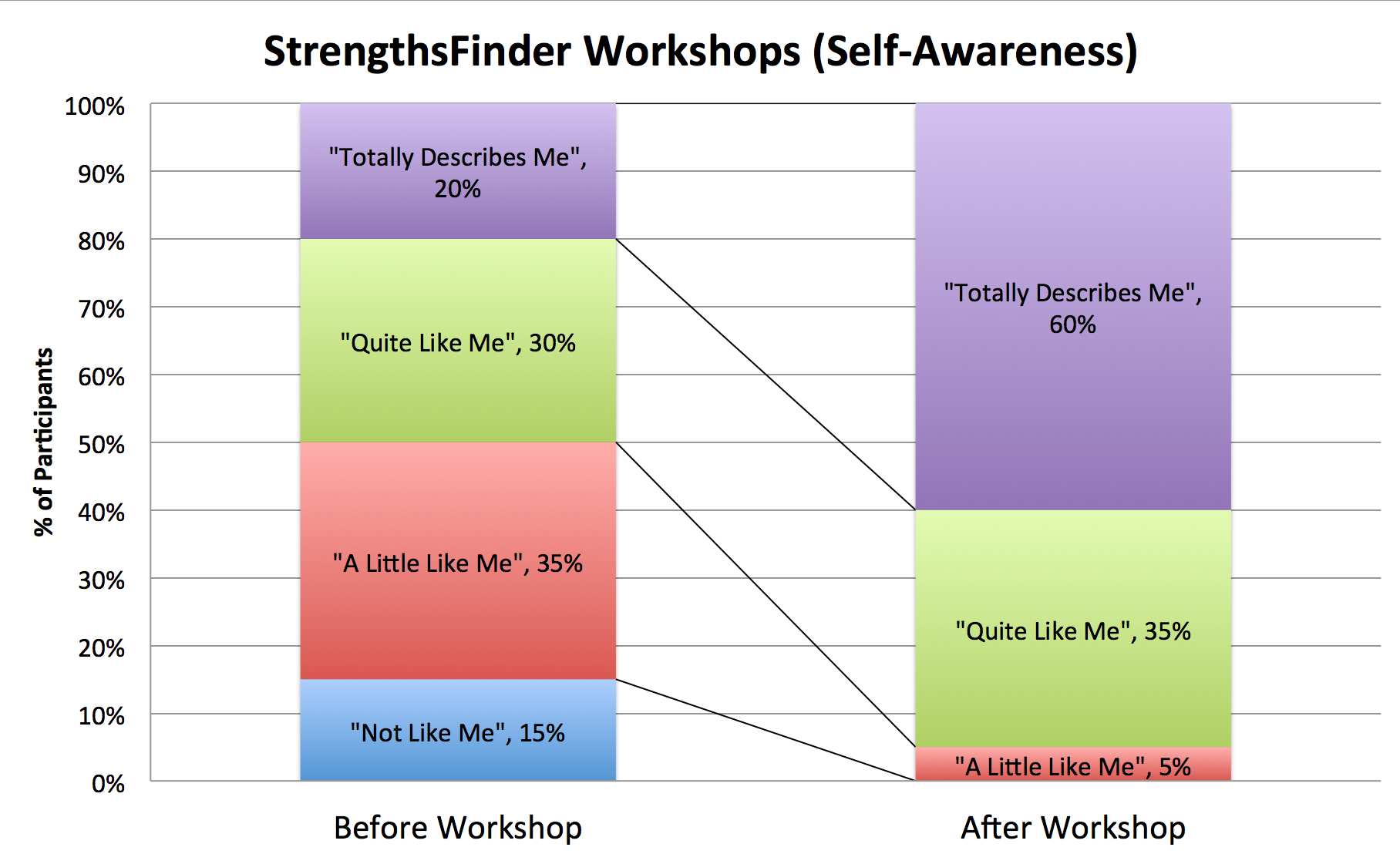Mastering Self - Optimal use of strengths
“I’m actually a very judgmental person!” - Sarah exclaimed to me.
This marked a significant personal discovery she made after scrutinising her dominant talent themes. By all accounts, Sarah was a person that most people will love as a friend - positive, lively, empathetic, creative, understanding. “Judgmental” will be hardly be the word used to describe her.
Yet as we journeyed together for personal transformation, it was quite clear to her that the things that she is most sensitive to becomes the very lenses she uses to evaluate the world.
#empathy - naturally notices people’s body language, tone of voice, micro-expressions
#developer - sensitive to whether people are keeping up with a certain pace
#arranger - instinctively sees how best to juggle multiple priorities & optimise moving parts
#communication - notices where things could have been said in a better way
#strategic - sensitive to alternative paths & options that are more direct
We can go on and on, through each of the 34 talent themes and highlight how talent themes show us what we are most sensitive to. However, how does that translate to becoming “judgmental” - either intentionally or unconsciously?
What we are sensitive to becomes very evident when seen through our lenses - yet these are the very things that people with other talent themes cannot see naturally (because they see through OTHER talents & lenses). For example:
Sarah notices a colleague feeling down & left out (#empathy). Another colleague misses this and proceeds to make an (unintended) insensitive statement. Sarah’s thought process could go this way “this is so obvious! how did you even miss her feelings?”
My dominant talent #strategic helps me identify a more direct route towards solving the problem at hand. Another colleague takes a bit longer time & I may be thinking “how do you even fail to notice that we are going “round-about”?”
In each case, the very talents that enable us may become the very talents that make us judge others! This is not the “use-case” for discovering our talents. The optimal use of our talents occurs when we use it to serve others, not to judge others!
When I finally understand what others can see (corresponding with what I can’t see - for example my lesser themes), I am always hopeful that people help me look out for these instead of using these to judge or evaluate me.:
#includer - I don’t naturally notice people who are left out & marginalised - please help me!
#harmony - I don’t naturally notice tension in the room - please remind me!
Strengths coaching & organisation development breaks down, when people stop at seeing their dominant talents as a mark of superiority - and do not proceed to use it to serve others.
What are our biases? How do we judge the world around us? What does our CliftonStrengths profile tell us about the way we are judging others?
Likewise, when people are led to serve others with their dominant talents, & inviting others to serve them in their blind spots, a stronger interdependent organisation emerges.
Who do we serve with our dominant talents. Who do we invite to serve us?
Written by Poh Yeang Cherng (Achiever . Ideation . Relator . Strategic . Analytical . Learner)
Yeang Cherng is a Gallup-certified & Newfield-certified coach who focuses on helping clients, organisations, and communities reach their full potential through “strengths-transformation”. With significant experience in education and people development, he uses a unique method that identifies & utilises individual strengths for personal and professional growth. He also works with teams & leadership to “align strengths to eliminate weaknesses”. Yeang Cherng believes in strengths-based development as a way to create positive change and lasting impact.
















